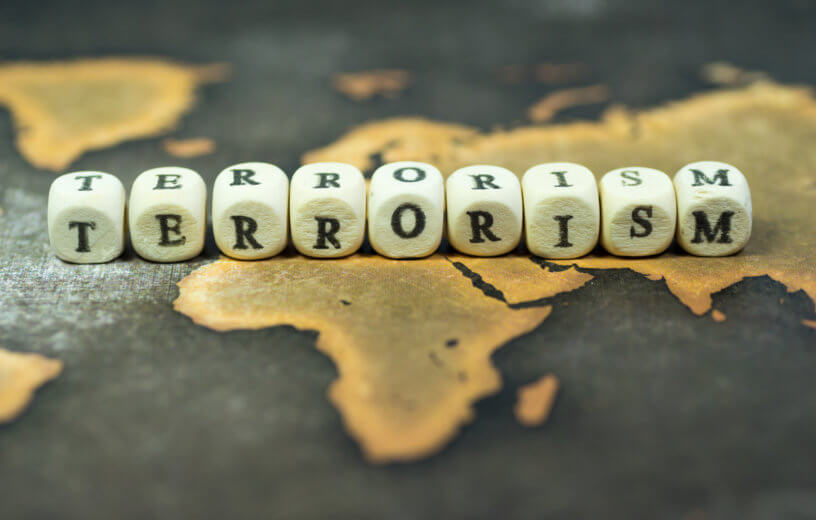EXETER, United Kingdom — Terrorist propagandists are taking advantage of humor to send a hateful message to English readers, according to researchers from the University of Exeter. Their study finds English language-based jihadi terrorist magazines make use of comedy to both reinforce identity and promote group bonding.
Different groups use different comedic tactics. While Al-Qaeda, the Taliban, and Tahrik-e Taliban Pakistan (TTP) tend to all prefer situational comedy, the humor seen within Islamic State (IS) magazines is more dehumanizing and mocking. Study authors analyzed 82 jihadi magazines to research this topic.
Al-Qaeda and the Taliban in particular use parodies and mockery to send their message and sway the curious by creating and emphasizing an “us versus them” mentality. More specifically, this usually involves aggressively depicting other people or countries as animals.
How do terrorists insult Americans and others?
These groups routinely call Americans “donkeys,” while referring to former President Bush as a “dog,” and U.S. troops as “vermin.” ISIS, meanwhile, recently labelled Joe Biden “the senile crusader.” Al-Qaeda calls former Israeli Prime Minister Netanyahu “Rottenyahu.”
“Propaganda is used to encourage jihad but it serves a much bigger purpose and humor is a key part. We found the use of three different types of humor – de-humanizing, sarcastic/and situational. ISIS was more likely to use dehumanizing humor – portraying rivals as robots or animals and mocking them. This sets them apart from other groups who are more likely to use sarcasm and irony,” says study co-author Dr. Weeda Mehran in a university release.
Study authors add that TTP is more likely than ISIS, the Taliban, and Al-Qaeda to utilize ironic and sarcastic humor. Al Qaeda, on the other hand, is the least likely to use sarcastic humor (in most cases to ridicule enemies).
“Situational humor is used strategically to enrich narratives of past events and develop a religious rationale for conducting jihad, as well as motivating individuals to carry out their own operations. This humor emphasizes the camaraderie and brotherhood of carrying out ‘istishhadi’ missions and depict perilous and dangerous operations & efforts as peaceful, even joyful,” Dr. Mehran explains.
“Jihadi media strategy uses situational humor to create solidarity – these are in-jokes often-only understood by those who understand the jihadi ideology and political outlook so it helps create a shared identity. Shared humor creates an environment that fosters internal cohesion and creates social bonding.”
All in all, the research team concludes the regularity of dehumanizing humor observed in ISIS’s magazines makes it clear just how aggressive and uncompromising the group is in regard to both opponents and outsiders.
The findings appear in the journal Behavioral Sciences of Terrorism and Political Aggression.




